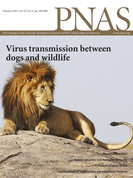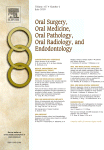 It’s always nice when a journal editor actually uses words the way they’re meant to be used instead of employing euphemisms.
It’s always nice when a journal editor actually uses words the way they’re meant to be used instead of employing euphemisms.
In 2009, the African Journal of Biomedical Research published an article on the differences in heart rates when people ran backwards versus forwards. Unfortunately, five years later, the journal found out the paper was a reproduction of a 1994 Medicine & Science in Sports & Exercise paper. They contacted the authors and, when there was no response, published a straightforward and fairly detailed retraction.
According to managing editor Babafemi Olaleye, the original paper was received and handled by the founding editor of the journal. In April 2014, the managing editor of Medicine & Science in Sports and Exercise emailed the journal, stating that the paper had been copied wholesale.
Here’s the notice for “Comparison of Cardio-Pulmonary Responses to Forward and Backward Walking and Running”: Continue reading A unicorn: Journal publishes euphemism-free plagiarism notice







